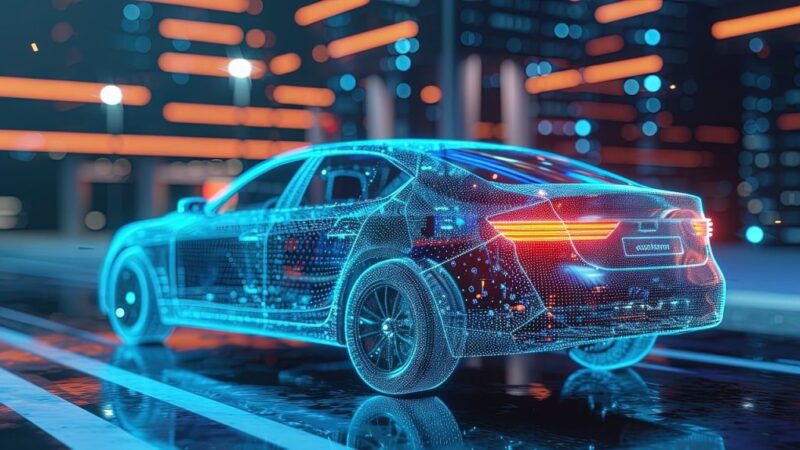Nissan Leaf Owners Upset as App Support for Older Cars Ends

Nissan Leaf electric car owners express frustration as the company discontinues app support for older vehicles, citing the UK’s 2G network shutdown. Despite Nissan’s explanation, customers feel blindsided, as they relied on the app’s remote functionalities. Approximately 3,000 Nissan Leaf and e-NV200 cars produced before 2016 are impacted by the app’s withdrawal, as they are equipped with 2G control units.
Nissan clarifies that the NissanConnect EV app linked to pre-2016 vehicles will cease functioning on April 1, 2024, due to the sunset of 2G technology. While key features like the climate control timer and charging timer will still be accessible from the car’s navigation system, affected drivers express disappointment over the sudden loss of app access, especially considering that mobile networks plan to phase out 2G by the end of the decade.
Max Siegieda, a 2013 Nissan Leaf owner, voices surprise and disappointment, emphasising the importance of the app’s remote features, which influenced his purchase decision. Similarly, David Morris, a 2014 Nissan Leaf owner, feels let down by the lack of long-term support, raising concerns about future purchases from Nissan.
Experts criticise Nissan’s decision, highlighting the necessity for backward compatibility and expressing concerns about similar issues affecting a broader range of electric vehicle owners in the future. Dr. Benjamin Gorman critiques Nissan’s approach, labelling it “bad design” and suggesting that other manufacturers might follow suit, transitioning to subscription-based models for accessing extra features.
Despite the challenges, Sam Sheehan, a motoring editor, underscores the unique position of the Nissan Leaf as an early mass-market electric vehicle and predicts that newer models will maintain functionality for a longer duration compared to older vehicles.
As Nissan Leaf owners grapple with the loss of app support, the incident underscores broader industry shifts towards subscription-based services and the challenges associated with evolving technology in the automotive sector.






